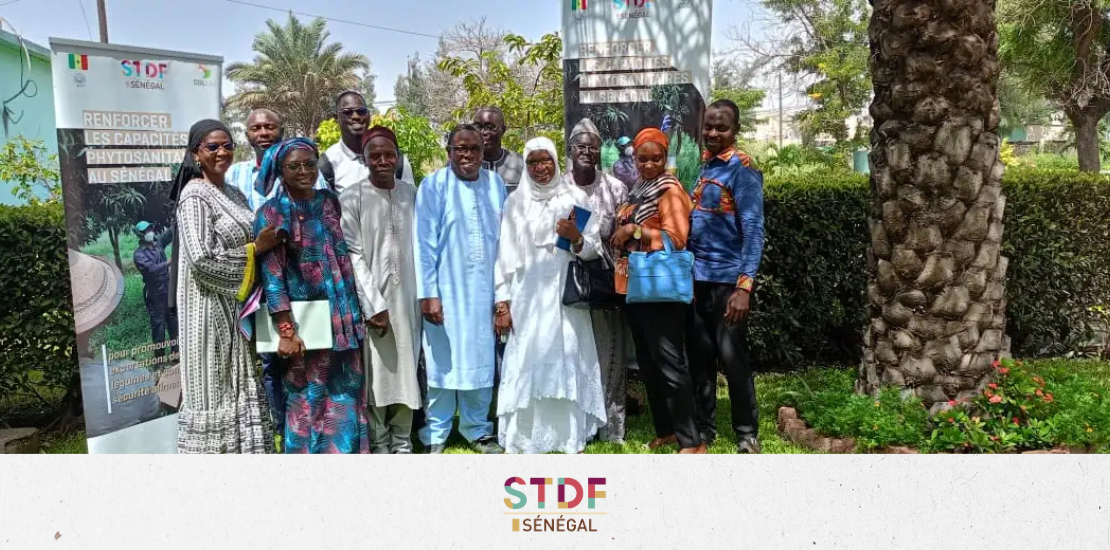- 15/07/2025
- Posted by: Sandra Borma
- Category: News

The STDF/PG/946 programme is currently being implemented in Senegal by COLEAD. It aims to strengthen the country’s phytosanitary capacities to promote fruit and vegetable exports and contribute to national food security.
The project is structured around four pillars: revision of the legislative framework; improvement of operational processes; capacity building for stakeholders; and communication dynamics. It also incorporates a cross-cutting gender analysis to ensure greater inclusion. Key progress to date include among other :
- Phytosanitary risk analysis (PRA): Training of stakeholders on risk analysis methodology applied to three priority value chains: potatoes, citrus fruits, and cabbage.
- Gender mainstreaming: Following the gender analysis, two women’s organisations were invited to join the steering committee. Additionally, the open day of the Plant Protection Directorate (DPV), scheduled for 12 May 2026, will focus on ‘Women and Agriculture’. A training session dedicated to good agricultural practices for women has already been organised with mixed participation (70:30).
These concrete advances demonstrate the programme’s dedication to equipping Senegal with more effective and inclusive plant protection systems that align with international market standards and support local producers.
The “STDF/PG/946 ” project is funded by the WTO’s Standards and Trade Development Facility (STDF) at the request of the Senegalese Ministry of Agriculture, Rural Development and Food Sovereignty’s (MAERSA) Directorate of Plant Protection.





